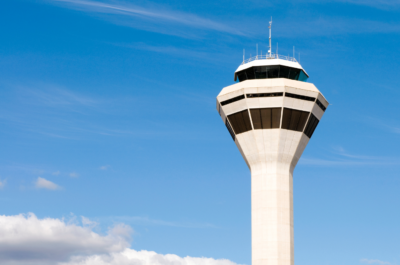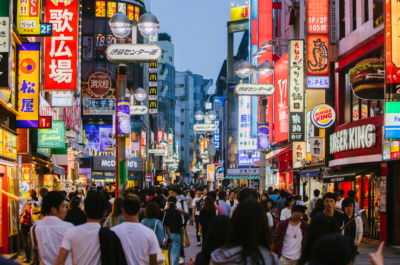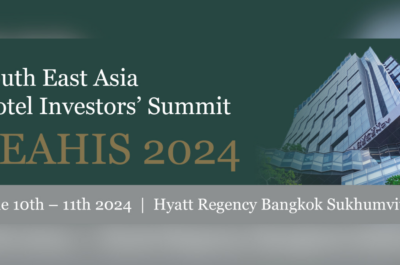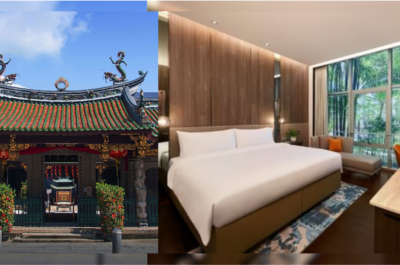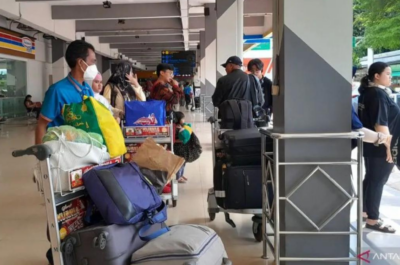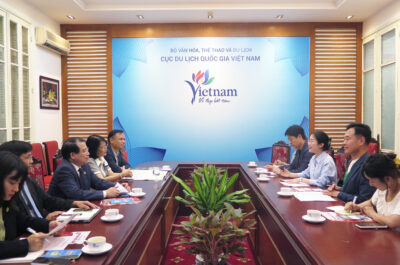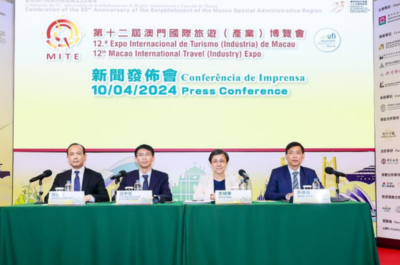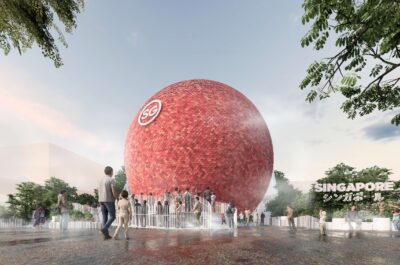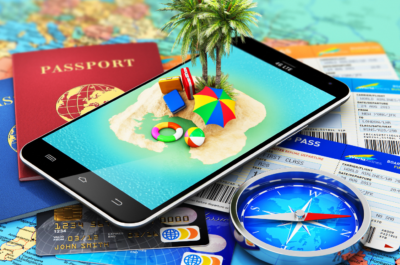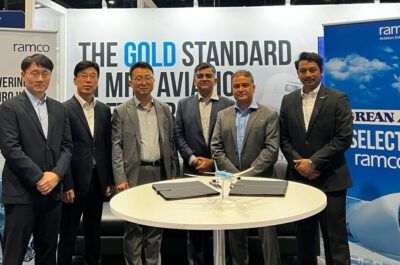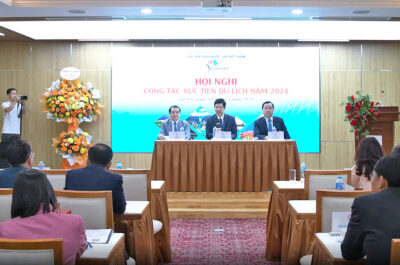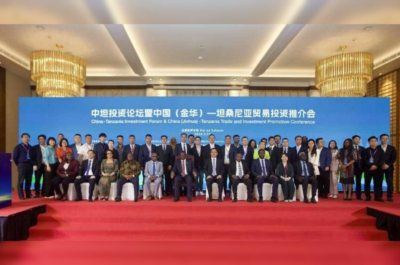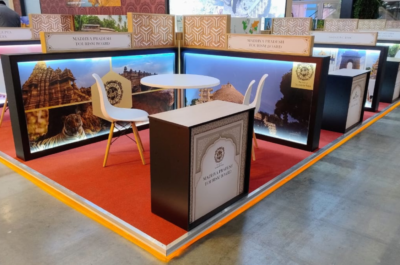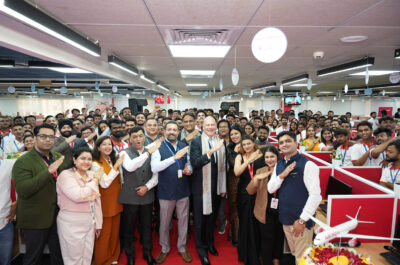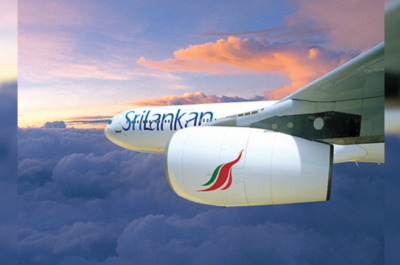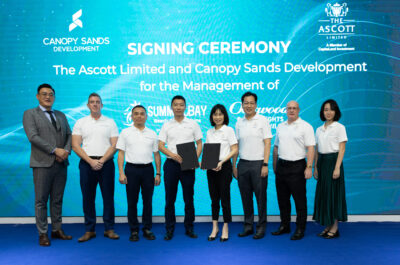The end of traditional room types; robots at the concierge desk; and the challenge of achieving cult status at scale, says new Amadeus-IHG research.
Singapore – Amadeus and InterContinental Hotels Group (IHG) have released a new research, Drivers of Change in Hospitality, identifying three trends that the sector must respond to meet the needs of the consumer of the future.
These included the end of room types, robots at the concierge and achieving ‘cult status’, according to the research conducted by Foresight Factory. The research gathered opinions from more than 7,500 consumers worldwide, including more than 3,000 in Asia, and industry experts. It also included analysis into the industry impact of these drivers by Cornell’s Center of Hospitality Research.
“This paper offers perspective on how the hotel experience could further evolve in the not too distant future,” said George Turner, Chief Commercial and Technology Officer, IHG.
According to Clodagh Brennan, Senior Trend Analyst, Foresight Factory, this study, informed by both consumer research and expert industry insight, identifies some of the key drivers and emerging trends that affect the guest experience, brand loyalty and the role of technology.
“With the number of international travelers expected to double by 2036, so too do the demands on the hospitality industry,” Brennan said.
Among the three trends identified, the research said the traditional room types that have been around forever – single, double, twin, suite or family room – would change dramatically. It said 61% of global travelers stated a preference for hotels to be priced in a way that allows them to add-on bespoke options.
This trend is expected to lead to the emergence of attribute-based booking, where guests pick and choose the individual components of their room, marking the end of traditional room types, according to the research. New selling models will become more mainstream too, with guests able to book a room for a length that suits their needs rather than a traditional overnight stay.
Meanwhile, the rise of tech-augmented hospitality means that hospitality providers will need to serve guests in a significantly more connected way, striking the right balance between automated solutions and human interaction. The research also provided details how technology will be used to empower staff to deliver unprecedented levels of service at scale.
The researched suggested that technology needed to support human interaction, not replace it, as the majority of guests (67%) said they prefer to interact with a person for the emotional interaction. For example, the deployment of real-time translation earphones and smart glasses could ensure that concierges easily interact with guests in their native tongue.
Last but not least, the research pointed out the challenge of achieving ‘cult status’ at scale. It said the kind of status usually reserved for luxury or boutique hotels or consumer brands would be available for all.
Hospitality providers need to identify how to offer value through delivering memorable, shareable experiences. According to the research, 70% of global travelers would like hotels to provide more advice and tips about unique things to do, with only 20% saying they currently get ideas from the hotel.
Chris K Anderson, Director of Center for Hospitality Research, Cornell University, said: “The hospitality industry is on the cusp of a new chapter. Guests are seeking richer individual relationships and seamless experiences with their hospitality providers, and are willing to share more data and insights than ever before.”
According to the research, ongoing guest relationships must be underpinned by technology if they are to function at scale. Personal attention and personality will no longer be a characteristic of boutique brands only. Instead, data allows hotels to anticipate the best way to make each individual guest feel valued, whether that is through unexpected perks, experiences or rewards.
Francisco Pérez-Lozao Rüter, President, Hospitality, Amadeus, said he hope this research would prompt industry debate and discussion as it demonstrated the significant opportunity that technology offers hospitality providers to enhance the guest experience, as well as their business.
“At the same time, the research highlights the importance of people. Equipping hotel staff with the insight to deliver richer, more informed interactions with guests is what makes for truly special hotel experiences,” Rüter concluded.
Sirima is the Editor-in-Chief of TravelDailyNews Asia-Pacific, responsible for the editorial aspects of the online news portal.


































